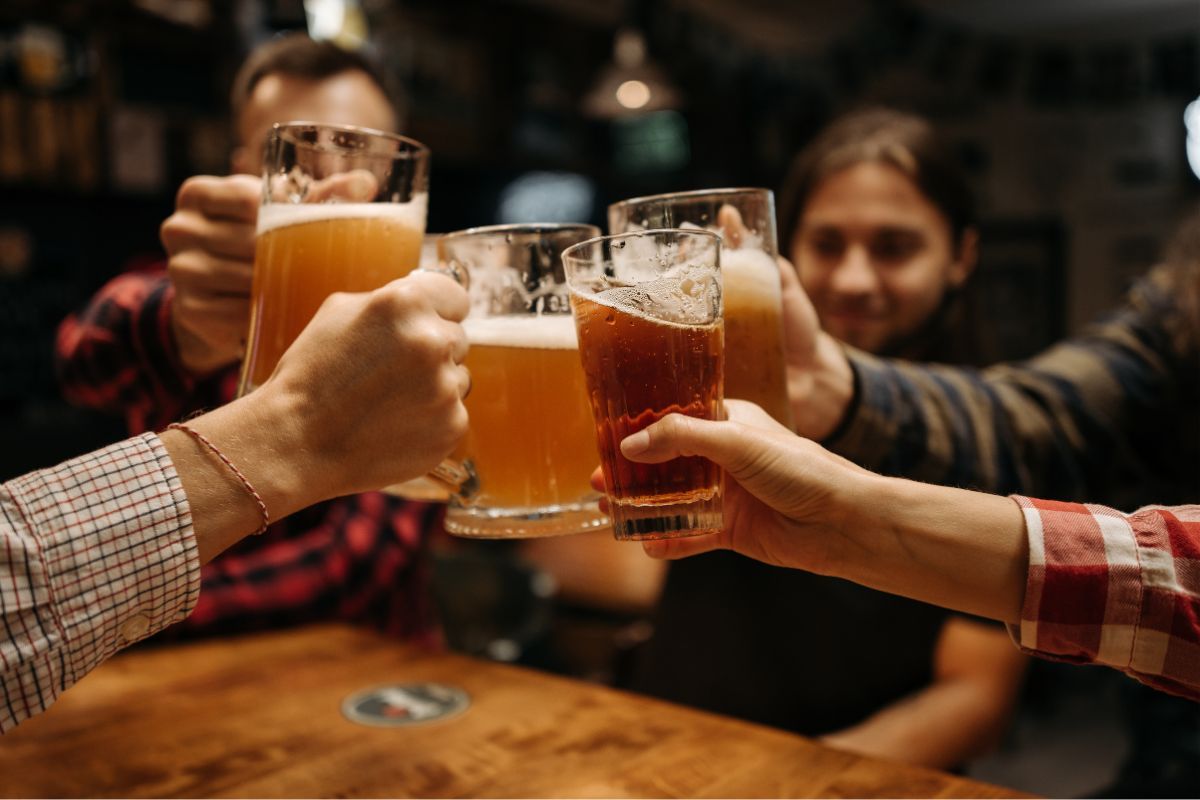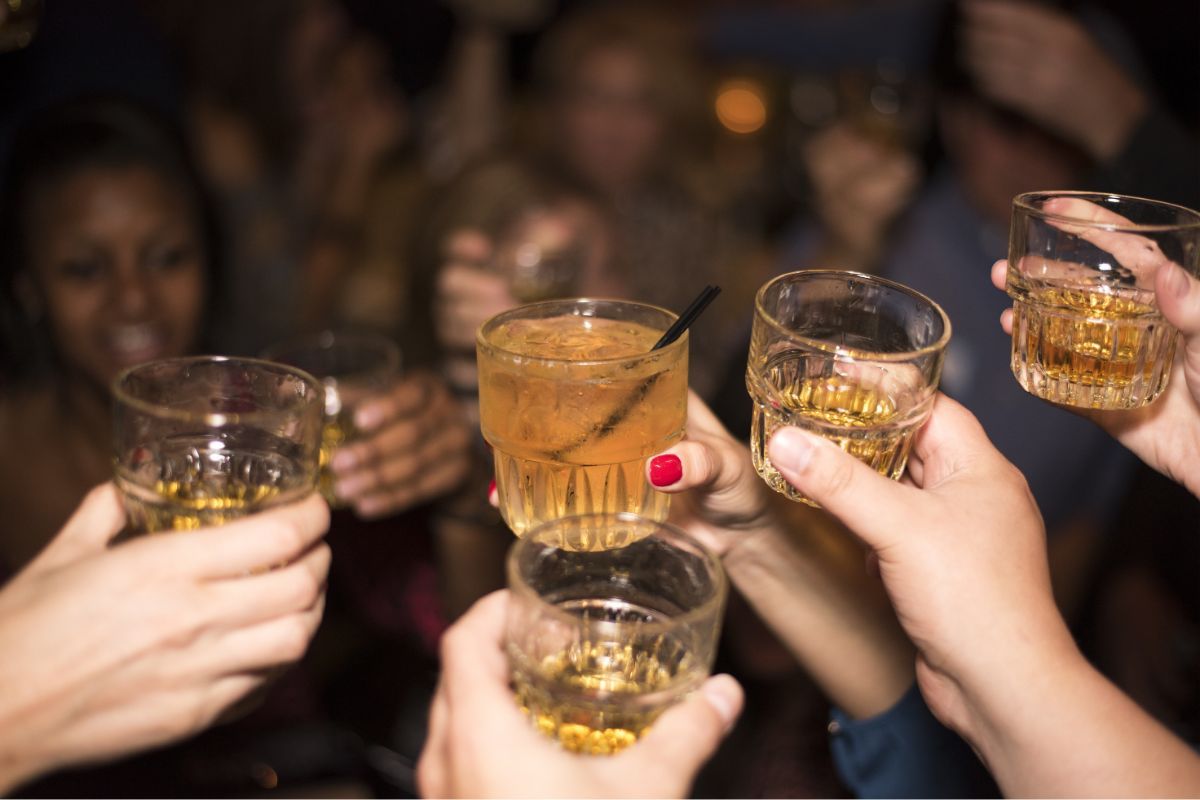Thailand’s new alcohol law fines customers for drinking after hours
Tourism fears grow as updated Alcohol Control Act introduces penalties for sellers and drinkers

Thailand’s updated Alcohol Control Act, which came into force on November 8, came into effect with confusion and criticism from business operators, tourists and the hospitality industry, as the law introduces penalties not only for sellers but also for drinkers consuming alcohol outside permitted hours.
Under the revised Alcohol Control Act (No. 2), B.E. 2568, consumers can now be fined up to 10,000 baht if caught drinking during prohibited periods, including 2pm to 5pm and after midnight at non-licensed venues. Previously, the law primarily targeted vendors.
Thailand has banned alcohol sales during specific hours since 1972. However, the new interpretation shifts greater responsibility onto individuals, with stricter enforcement and expanded advertising restrictions.
Retail alcohol sales remain limited to 11am to 2pm and 5pm to midnight. Drinking during off-hours, even after legally purchasing alcohol just minutes earlier, may result in fines.
Also: Everything you need to know about Thailand’s new drinking laws
Licensed entertainment venues, airports, hotels, and certified establishments in designated tourist zones are exempt from these restrictions. However, the same exemptions do not apply to ordinary restaurants, where patrons may be penalised simply for sitting and drinking outside of legal times.
The tourism and restaurant industries have raised concerns that the law will damage Thailand’s post-pandemic recovery and deter visitors. Operators in areas such as Bangkok’s Khao San Road say enforcement has been inconsistent, with some venues continuing to serve drinks during restricted hours.
A controversial change

Chanon Koetcharoen, president of the Thai Restaurant Association, in a statement to Bangkok Post, warned that restaurants are now forced to police their customers’ behaviour. He noted that this change could stunt the growth of the food and beverage sector.
Opposition MP Taopiphop Limjittrakorn, who has campaigned for liquor liberalisation, said the law does not serve the wider public interest and risks driving visitors to other destinations in Southeast Asia with more relaxed policies.
In response to the backlash, Prime Minister Anutin Charnvirakul has directed the Ministry of Interior to work with the Ministry of Public Health on potential revisions. The government is considering lifting zoning restrictions and extending nationwide alcohol service hours to 4am, with the goal of finalising amendments by January 2026.
An earlier ministerial regulation issued in 2023 already allowed entertainment venues in Bangkok, Phuket, Chon Buri, Chiang Mai, and Koh Samui to operate until 4am, but registration and compliance issues have limited implementation.
Officials believe expanding alcohol service hours across Thailand could significantly boost nightlife spending and tourism revenue, while generating higher VAT income for the state. New licensing procedures for extended-hours venues are expected to be rolled out in the coming months.
In the meantime, the current law remains in effect.
Latest Thailand News
Follow The Thaiger on Google News:


























